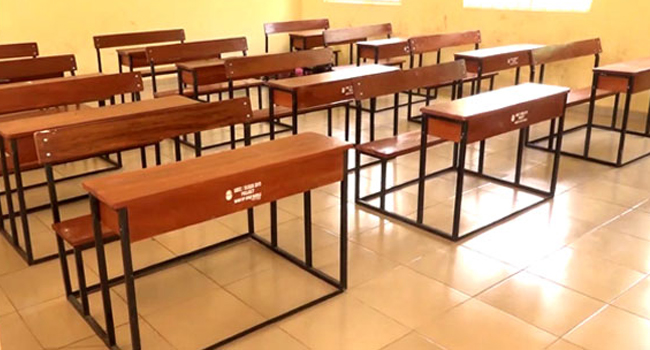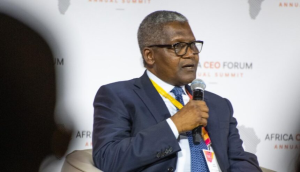
Parents and students face tough economic realities as schools across Nigeria resume for the 2024/2025 academic session on Monday, September 9, 2024 amidst fuel scarcity and high inflation rates.
The Nigerian National Petroleum Corporation Limited (NNPCL) recently increased the petrol pump price from ₦580 to ₦855 per litre, causing petrol prices to soar as high as ₦1,200 per litre in some areas, leading to public outrage.
The increase coincided with the start of petrol refining by the Dangote refinery, which many believed would reduce prices. However, NNPCL announced there is no guarantee of lower prices, with the cost of petroleum products determined by global market forces. This development has resulted in long queues at fuel stations, fewer public transport options, and skyrocketing fares, raising concerns about the difficulties students may face commuting to school.
Inflation has also hit hard, with food inflation at over 40% and basic commodities like garri now selling at four times their previous cost. Amid these challenges, a new minimum wage of ₦70,000 has been agreed upon but not yet implemented. Meanwhile, private schools have increased fees, and public schools are seeing an influx of students as parents struggle to cope with rising costs.
Dr. Mike Ene, Secretary General of the Nigeria Union of Teachers, called for the introduction of a hardship allowance for teachers to help them cope with the high cost of transportation. “A happy teacher will teach happily. It is a matter of garbage in, garbage out,” Ene stated, emphasizing the need for urgent government intervention to address the sector’s challenges.








